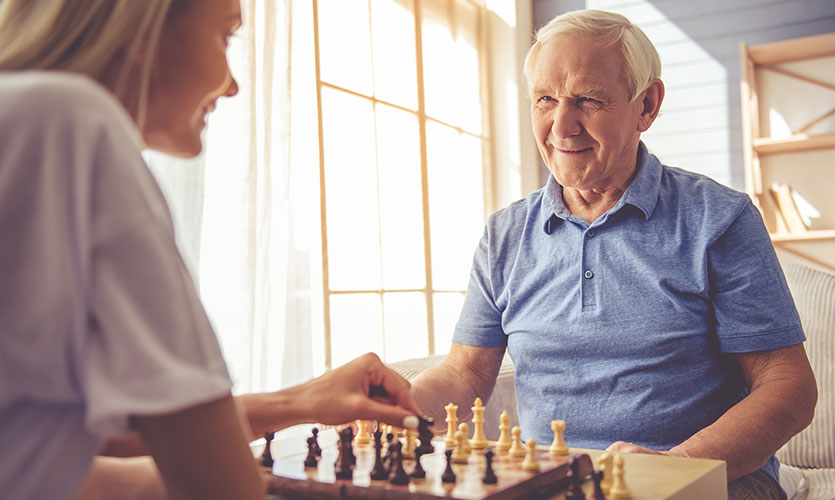
Having a loved one in hospice care is a difficult period in one’s life. Making it even more complicated are the many decisions, doctors’ appointments, and unfamiliar situations in which you might find yourself. Keeping your loved one comfortable at home can help make this process easier. Because hospice care professionals make house calls, you will have all the support you need to support your loved one in turn. Allowing your loved one to remain at home, in familiar surroundings, can ease the burden on them and on you as a caretaker, allowing you to save more energy and time for other important tasks.
People to Support You Over the Phone
Hospice care workers range from volunteers to healthcare professionals. Your loved one may benefit from spending time with a volunteer who can read to them, enjoy hobbies with them, or provide an alternative therapy, such as music or animal therapy. You may also like the support of a hospice professional, who can assist you and your loved one with various household tasks and routines. These hospice professionals can be licensed nurses, social workers, chaplains, or simply caring individuals with experience in caring for hospice patients. Finally, licensed professional nurses are available to help manage medication, provide medical support, and help you plan for your loved one’s changing health needs. Each of these hospice care workers can make house calls to provide your loved one with a higher quality of life.
Pain and Symptom Management Through House Calls
Many people in hospice care face painful illnesses that limit their ability to move or otherwise enjoy their days as much as possible. Our team of professionals can make house calls to provide pain and symptom management in these instances. Management can include administering medication at the proper intervals and recommending a change in the dosage or type of medication used. In some instances, medication may not be necessary or the only means of managing pain and symptoms. Instead, light exercise, relaxation techniques, massage, and various types of therapy can be used to help manage less severe forms of pain.
Specialized Therapy in Hospice Care
If your loved one is not open to the idea of traditional therapy or counseling, or they feel that a different solution might be more effective, there are several types of specialized therapies available. A visit from a certified therapy animal may help brighten your loved one’s day and give them something to look forward to each week. These animals are specially trained to refrain from making sudden movements and loud noises, allowing your loved one to spend some quiet time with the animal. Art and music therapy can give your loved one the opportunity to express themselves, take part in a new hobby, and get some much-needed social interaction.
Hospice Care Counseling and House Calls
Many hospice therapists are available to make house calls. Discussing one’s emotions, fears, and frustrations can make a person feel vulnerable, and disclosing this information in a hospital or office setting may cause more discomfort than necessary. Instead, your loved one can speak to a professional in a familiar and comforting environment that may facilitate better communication and give them the mental support they need to feel secure.
Emotional and Spiritual Support
If your loved one is feeling lonely, they may benefit from more emotional support. This can come simply in the form of a volunteer who engages in conversation, hobbies, and easy activities with your loved one. Forming a new friendship can help them feel more optimistic and comfortable with their daily lives. Similarly, spiritual support through visits from a pastor or other religious worker can help ease your loved one’s mind and help them cope with the intense emotions they may be feeling during their hospice care.
Assistance With Activities of Daily Living
People receiving hospice care often have difficulty completing basic tasks, such as dressing, bathing, using the restroom, cleaning, and exercising. Our CNAs can assist your loved one with these tasks, often called Activities of Daily Living, or ADLs. This support allows your loved one to maintain a sense of independence, live comfortably in their own home, and continue receiving the support they need to do so safely. In-home ADL support can also give primary caregivers time to rest, recharge, and catch up on other tasks while their loved one is being cared for by our team of professionals during the day.
Using Hospice Care Support
Speak to Traditions Health for more information on home care for hospice patients. Traditions Health can help care for individuals with a range of illnesses and conditions, providing personalized, in-home support for patients and their caregivers. Our organization works with each family to develop a customized care plan using a variety of therapies, pain management methods, and other services to provide an excellent quality of life. Traditions Health also makes sure to address caregivers’ needs and offers various support services, including making house calls, for these important people as well.
